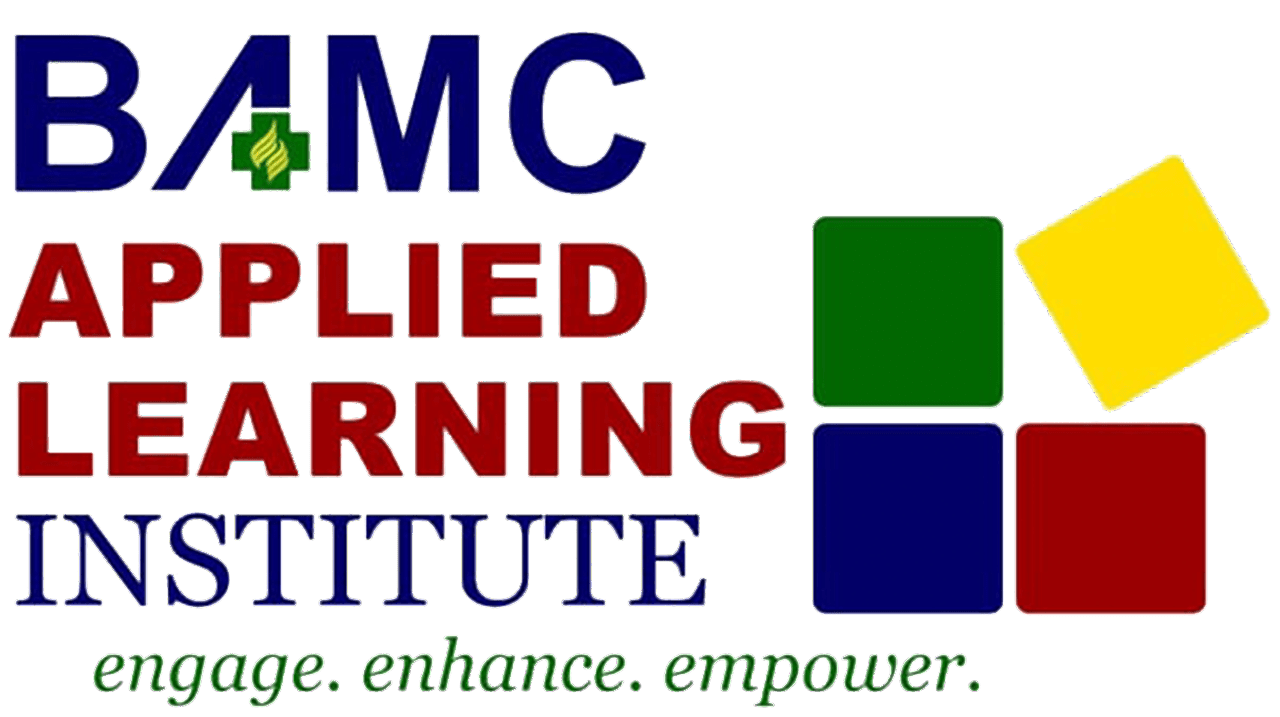WHEN IS SICKNESS OR INJURY COMPENSABLE?
For the sickness and the resulting disability or death to be compensable, the sickness must be the result of an occupational disease listed under Annex “A” of the Amended Rules on Employees’ Compensation with the conditions set therein satisfied; otherwise, proof must be shown that the risk of contracting the disease is increased by the working conditions. For the injury and the resulting disability or death to be compensable, the injury must be the result of accident arising out of and in the course of the employment.
BENEFITS AND SERVICES OF THE ECC PROGRAM:
1. Loss of income benefit or a cash benefit given to a worker to compensate for loss of income due to inability to work.
There are three types of loss of income benefits:
a. Temporary Total Disability (TTD) benefit is given to an employee who is unable to work for a continuous period not exceeding 120 days.
b. Permanent Total Disability (PTD) benefit is given to an employee who is unable to work for more than 240 days.
c. Permanent Partial Disability (PPD) benefit is given to a worker who losses a body part and consequently, the loss of the use of that body part.
2. Medical benefits include reimbursement of the cost of medicine for the illness or injury, payment to providers of medical care, hospital care, surgical expenses and the costs of appliances and supplies. The medical services are limited to ward services of an accredited hospital.
3. Rehabilitation Services include physical therapy, vocational training and special assistance to develop the worker’s mental, vocational and social potential and to help them remain as productive members of society.
4. Carer’s Allowance is provided to an employee who suffers a permanent total disability arising out of employment the extent of which is such that he could not on his own attend to his basic personal needs.
5. Death benefits are granted to beneficiaries of an employee who dies as a result of sickness or injury arising out of or in the course of employment.
